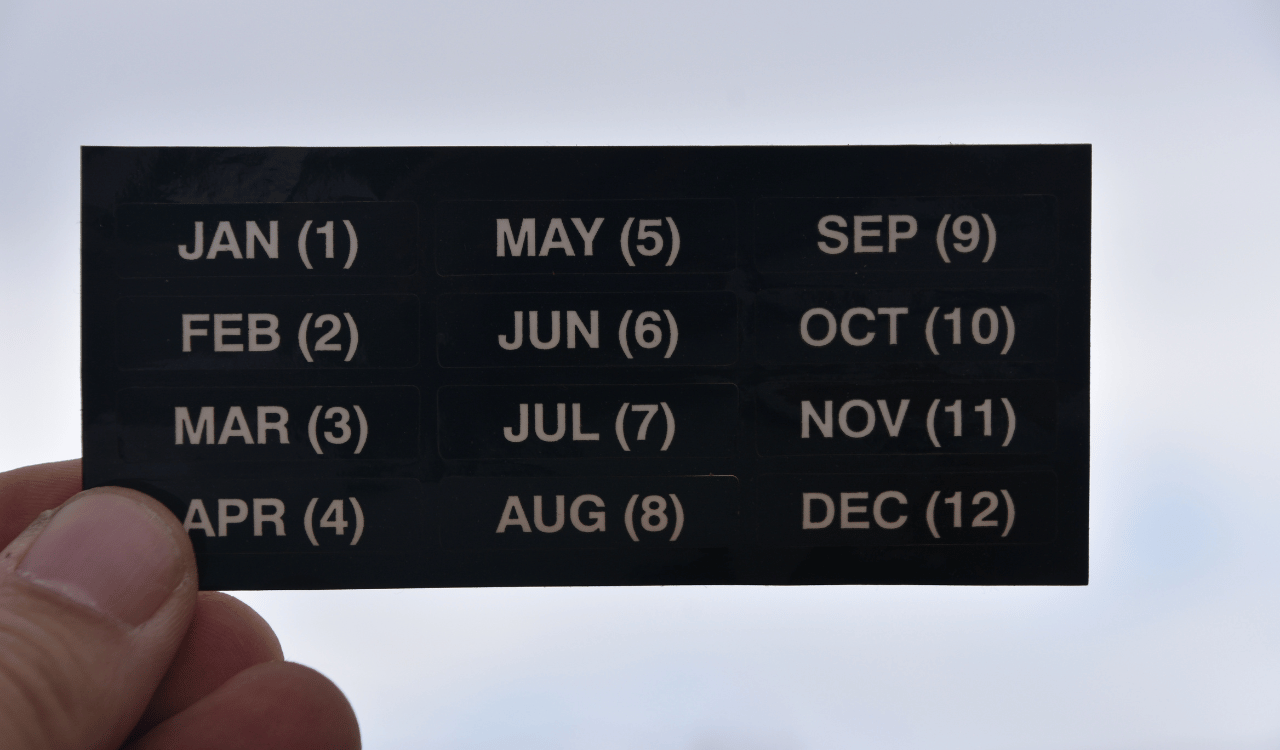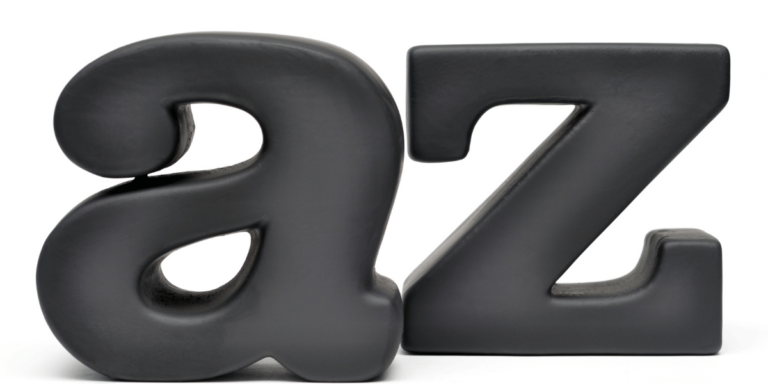Months of The Year in English with Useful Rules and Examples

When discussing specific events across the year, it’s crucial to accurately reference the various months. This article will delve into pronouncing the months of the year and explore their diverse applications in both written and spoken English.
There exist 12 distinct names for the months in a year. Let’s explore each of these names and then examine their conversational use:
January February March April May June July August September October November December
Occasionally, you might encounter abbreviated forms of some months, often used informally. Remember, only the months with five letters or more can be shortened, such as Jan, Feb, Mar, Apr, Aug, Sept, Oct, Nov, Dec.”
Months Of The Year In The Present
When discussing events occurring in the current month, it’s necessary to refer to the month names in the present tense. Here are a couple of examples:
It’s March. We’re currently in April.
Months Of The Year In The Past
When describing an event from a past month, structure your sentences accordingly:
We hosted a huge Halloween party last October. Two Januarys ago, we visited New York.
Months Of The Year In The Future
When discussing a future event in an upcoming month, there are specific ways to express this:
We’re getting married next February. Lisa and Matthew plan to visit Venice next month.
Months of The Year in Examples
Asking About The Months Of The Year
Often, you’ll need to inquire about the month of an upcoming event. Understanding how to ask this can be illustrated through the following conversation example:
Person 1: When are you planning your vacation? Person 2: I’ll be going in March. Person 1: What month is it right now? Person 2: It’s currently January. Person 1: During which months does Easter usually fall? Person 2: Easter typically falls in either March or April.
Common Questions With The Months Of The Year
There are different inquiries you might encounter regarding the months of the year. Here are examples and possible responses:
When’s your birthday? It’s in November.
Which month is Christmas? It’s in December.
When would you prefer to visit? April would be my choice.
Other Examples
The section of the bypass will be completed by January. He assumed the role of the previous headmaster in February. Anne is supposed to visit in March. We’ve received your letter dated April 14, 1998. He conducted an official visit to Tokyo in May. She joined the committee in June. Fireworks on the Fourth of July are a long-standing American tradition. We’ll likely take our holiday in August. She completed her first and only space flight in September. He was recruited by Barkers last October to establish an advertising team. The November midday beyond the windows was uniformly grey. The entire system will be fully operational by December 1995.
Rules Surrounding The Months In The Year
Like many aspects of English, there are specific rules for using the names of the months. Fortunately, this rule is straightforward. Since the months are considered proper nouns, they should always start with a capital letter, regardless of their position in a sentence. This rule remains constant without exception. Consider these examples:
March is the month I cherish most as the cherry blossom trees begin to bloom. My birthday falls in August. My sister is expecting her first baby in September, and she’s thrilled about it.
American And British Spellings
Often, spellings differ between American English and British English for various terms. Interestingly, the spellings of the months in the year remain consistent regardless of the English variant used.
Conclusion
Having a good grasp of the months in English is highly beneficial when discussing or writing about different events occurring within them. The way you reference the months might vary based on whether you’re discussing the past, present, or future. It’s crucial to consistently capitalize the first letter of each month’s name for proper grammar.





